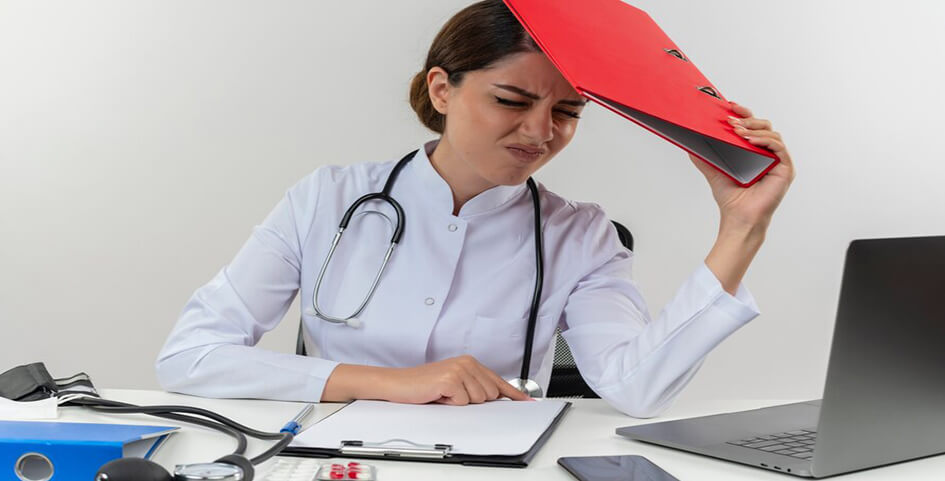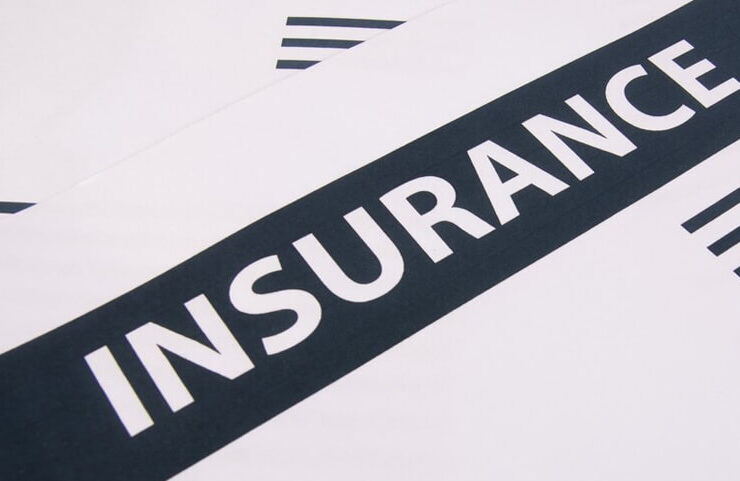Malay Kumar Ganguli&Dr Kunal Saha V Dr Sukumar Mukherjee and others delivered on 7th August 2009 SCC 221
Bench: S.B. Sinha, Deepak Verma ; Supreme Court Of India Criminal Appellate Jurisdiction Criminal Appeal Nos. 1191-1194 Of 2005
A. “A court is not bound by the evidence of the expert which may be advisory in nature .The court must derive its own conclusion upon considering the opinion of experts which may be adduced by both the sides ,cautiously and upon taking into consideration the authorities on the point which he deposes”
B. “The provisions of Evidence Act are not applicable and the Fora under the Act are to follow principles of natural justice”
V Krishna Rao V Nikhil Super Speciality Hospital &others (8th March 2010) holding
A. “Expert opinion is needed to be obtained only in appropriate cases of medical negligence cases and the matter may be left to the discretion of the consumer forums especially when the retired judges of Supreme court and High courts are appointed to head the National Commission and State commission’’
B. “The general directions given in Para 106 in D’Souza case to have an expert evidence in all cases of medical is not consistent with the principle laid down by the larger bench accepted as position that only in appropriate case ,expert opinion may be made and the matter is left to the discretion of consumer forums and commissions”
C. “If the general directions of Martin D’Souza case are to be followed then the doctrine of Res Ipsa Liquatur which is applied in England and in Indian Medical Association V V.P.Shantha & others case would be redundant and shall be contrary to the three judges bench order wherein it was held that there may be cases which do not raise much complicated question and deficiency of service may be due to obvious faults which can be easily established such as removal of wrong limb, performance of operation on wrong patient ,giving injection or drug to allergic patient without test, leaving swabs or other surgical item in the body during operation ”
D. While saying so, the Apex court referred to the earlier decision of this court pronounced by the larger bench comprising three judges bench in the matter of Dr J.J. Merchant and others v/s Shrinath Chaturvedi 2002 CTJ 757SC [CP] and expressed its opinion that the general guidelines given in Martin D’Souza case are contrary to the findings of the Supreme court’ larger bench.
E. “Before forming an opinion that expert evidence is necessary under the act, must come to a conclusion that the case is complicated enough to require the opinion of an expert or the facts of the case are such that it cannot be resolved by the members of for a without the association of expert opinion If decision is taken to take to obtain expert opinion in all cases and medical negligence is proved on the basis of expert evidence ,the efficacy of remedy provided under this act would be illusory”
F. The test of medical negligence which was laid down in Bolam vs. Friern Hospital Management Committee reported in 1957 (2) All England Law Reports 118, has been accepted by this Court as laying down correct tests in cases of medical negligence narrated here –
Theory of Bolam Test
Bolam was suffering from mental illness of the depressive type and was advised by the Doctor attached to the defendants’ Hospital to undergo electro-convulsive therapy. Prior to the treatment Bolam signed a form of consent to the treatment but was not warned of the risk of fracture involved. Even though the risk was very small and on the first occasion when the treatment was given Bolam did not sustain any fracture but when the treatment was repeated for the second time he sustained fractures. No relaxant drugs or manual control were used except that a male nurse stood on each side of the treatment couch throughout the treatment. About this treatment there were two bodies of opinion, one of which favoured the use of relaxant drugs or manual control as a general practice, and the other opinion was for the use of drug that was attended by mortality risks and confined the use of relaxant drugs only to cases where there are particular reasons for their use and Bolam case was not under that category. On these facts the expert opinion of Dr.J.de Bastarrechea, consultant psychiatrist attached to the Hospital was taken. Ultimately the Court held the Doctors were not negligent. In this context the following principles have been laid down:
“A Doctor is not guilty of negligence if he has acted in accordance with a practice accepted as proper by a responsible body of medical men skilled in that particular art
“It is also held that in the realm of diagnosis and treatment there is ample scope for genuine difference of opinion and a doctor is not negligent merely because his conclusion differs from that of other professional men. It was also made clear that the true test for establishing negligence in diagnosis or treatment on the part of a doctor is whether he has been proved to be guilty of such failure as no doctor of ordinary skill would be guilty of if acting with 1 ordinary care”
G. “We are of the view that aforesaid directions are not consistent with the law laid down by the larger Bench in Mathew (supra). In Mathew (supra), the direction for consulting the opinion of another doctor before proceeding with criminal investigation was confined only in cases of criminal complaint and not in respect of cases before the Consumer Fora. The reason why the larger Bench in Mathew (supra) did not equate the two is obvious in view of the jurisprudential and conceptual difference between cases of negligence in civil and criminal matter. This has been elaborately discussed in Mathew (supra). This distinction has been accepted in the judgment of this Court in Malay Kumar Ganguly (supra)



